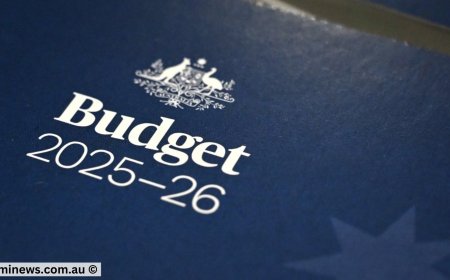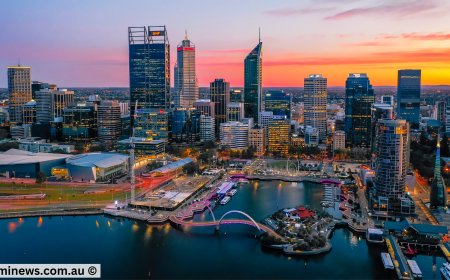Australia Cuts Queensland Skilled Migration Quota | Australia Immigration News
Discover how Queensland's skilled migrant allocations are changing in 2024-25 under Australia's new immigration policies. See impacts on other states and the federal government's aims to address regional skills shortages.
Queensland will see a reduction in its allocation of skilled migrants this year, contrasting with an increase of nearly 10,000 workers allocated to other parts of the country under the Albanese government's immigration system overhaul.
The redistribution of state-nominated visa quotas will significantly benefit Western Australia, South Australia, and Tasmania, each slated to receive at least 1,500 additional permanent skilled migrant nominations in 2024-25. Federal Immigration Minister Andrew Giles emphasized that this move aims to address critical skills shortages across Australia more equitably.
Queensland's state-nominated permanent skilled migration allocation will decrease from 900 to 600 spots, with temporary visas also reduced from 650 to 600. This adjustment follows Queensland Premier Steven Miles' support for a proposal earlier this year to reduce migration pressures on housing, which the federal Coalition adopted.
In contrast, South Australia will gain an extra 1,900 visas, while Tasmania and Western Australia will each receive an additional 1,500. Western Australia will also see an additional 1,000 temporary spots due to severe housing shortages in the state.
Overall, the federal government plans to allocate 26,000 visa places under the state-nominated schemes, 14,000 fewer than requested. This program typically accounts for approximately half of Australia's annual skilled migrant visas, with the remainder determined directly by the federal government.
The government's goal is to address geographic disparities in the distribution of permanent skilled workers. Last financial year, Tasmania, the Australian Capital Territory (ACT), and the Northern Territory attracted less than 1 percent of these visa holders each. As part of the new measures, the Northern Territory's visa allocations will increase from 650 to 1,200, and the ACT's from 1,200 to 1,800.
Federal Immigration Minister Andrew Giles emphasized the government's departure from a "one size fits all" approach to migration, recognizing the unique economic circumstances of each region. Leaders like WA Premier Roger Cook welcomed the changes, highlighting Western Australia's distinct challenges, including a vacancy rate in Perth below 1 percent.
Queensland reported a population growth rate of 2.6 percent in the year to December 2023, slightly above the national average of 2.5 percent. Conversely, Western Australia's population grew by over 3 percent during the same period, nearing 3 million residents.
Furthermore, Western Australia will create around 5,000 additional skilled migrant places through a new Designated Area Migration Agreement, while its State Nominated Migration Program will expand from approximately 2,300 to 5,000 places.
What's Your Reaction?
 Like
0
Like
0
 Dislike
0
Dislike
0
 Love
0
Love
0
 Funny
0
Funny
0
 Angry
0
Angry
0
 Sad
0
Sad
0
 Wow
0
Wow
0









































































































